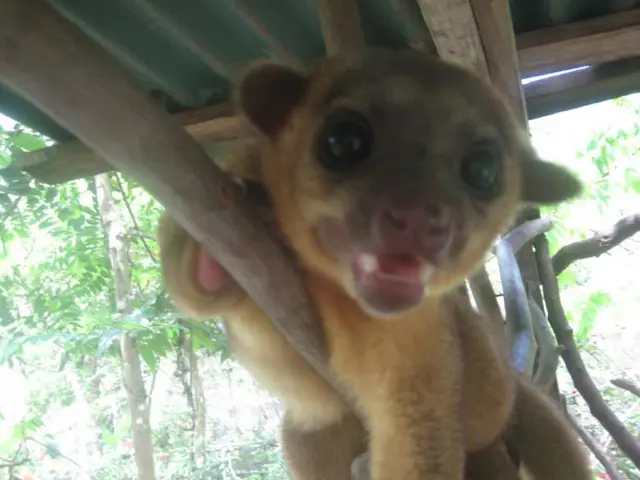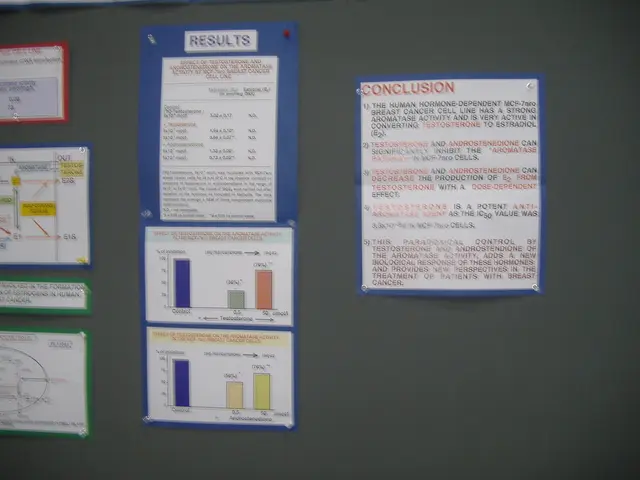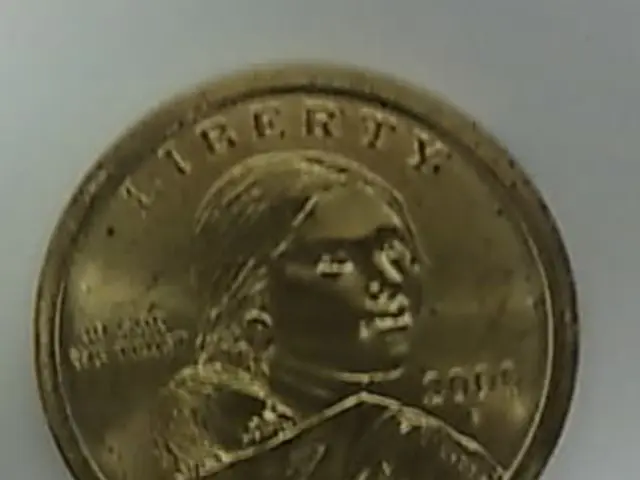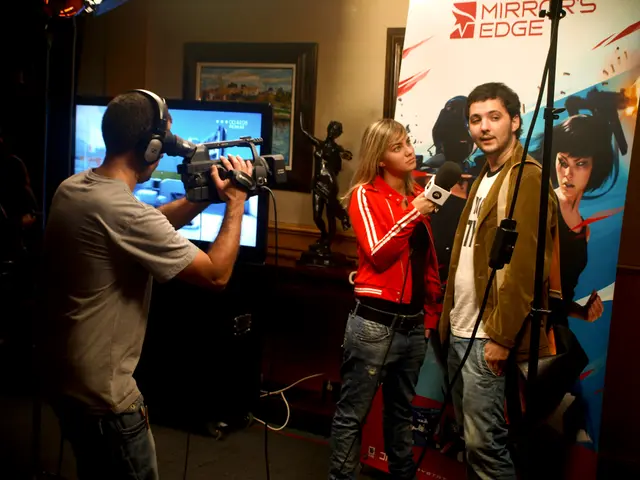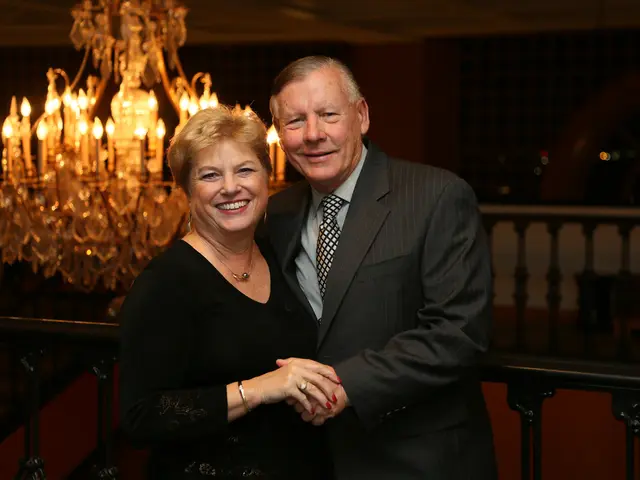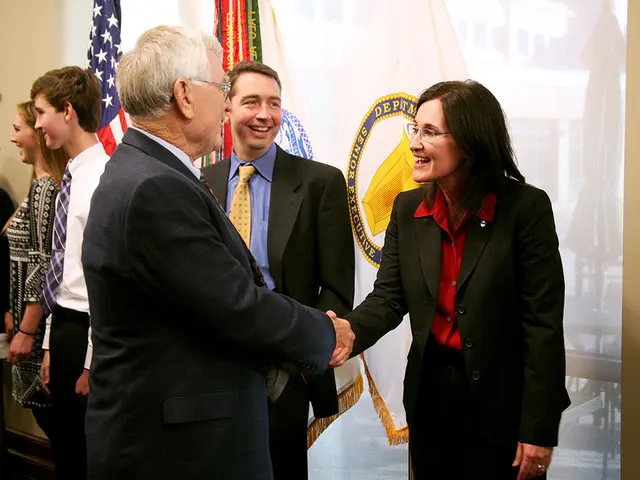Since 2014, Telegram's founder, Pavel Durov, has made over 60 trips back to his home country, Russia. Despite publicly distancing himself from Russia and declaring his intentions not to return, Durov has visited frequently.
Russian and Ukrainian media outlets, like "Important Stories" and "Ukrajinska Prawda," claim that Durov's portrayal as a disconnected entrepreneur might not be entirely truthful. This assertion is based on border control data leaked from the Russian domestic intelligence service, the FSB.
Durov's odyssey with Russia started in 2014 when he and his brother co-founded VKontakte, a popular social networking site in Russia. However, Russian authorities perceived VKontakte as a challenge. Pro-European forces in Ukraine used it to organize protests against their pro-Russian president, while opposition movements in Russia utilized it to mobilize significant demonstrations. As a result, the authorities demanded that Durov block pages of opposition leaders and provide personal data of protesters in Ukraine and Russia.
Durov refused to comply with these demands, causing friction between him and the Russian government. By the end of 2014, Durov went into exile and published a manifesto titled "Seven Reasons Not to Return to Russia," where he criticized the Russian government system.
However, Durov's visits to Russia persisted. Between 2015 and 2021, he made more than 50 trips to his homeland. This pattern of visits raised questions about Durov's self-portrayal as a disconnected entrepreneur.
In 2017, Durov clarified his stance in a Telegram post, stating that he was apathetic towards countries targeting Telegram due to privacy concerns. He added that the well-being of his parents, who resided in Russia, was a "small price" to pay for the stakes involved with Telegram.
The details of Durov's activities during his visits remain unclear. Reports suggest that he has met with his reported partner and children, but the nature of his visits with Russian leadership or security forces remains a mystery. When asked for clarification, Durov's office refused to comment.
Durov's relationship with Russian security forces appears amicable, despite conflicts and attempted acquisitions of Telegram. He has managed to avoid arrest during his periodic visits.
The frequent visits raise questions about Durov's self-portrayal as a disassociated entrepreneur. Despite publicly distancing himself from Russia, he has maintained significant ties with the country through various means.
Additional Insights:
Durov's frequent visits to Russia can be attributed to several factors, which include:
- Business Interests: Durov has significant business interests in Russia, particularly in his social networking site VKontakte, which is popular in the country. Managing and overseeing the platform's operations necessitates regular visits to Russia.
- Legal and Business Obligations: Durov has faced legal challenges and pressures from Russian authorities. These obligations require him to visit Russia periodically to address these issues.
- Personal and Professional Network: As a prominent figure in the Russian tech scene, Durov maintains a network of contacts and allies in Russia. These connections could be a reason for his frequent visits.
- Negotiations and Diplomacy: Durov has been involved in high-profile disputes with Russian authorities, particularly regarding data privacy and censorship. His visits might be part of ongoing negotiations or diplomatic efforts to resolve these issues.
Sources:


